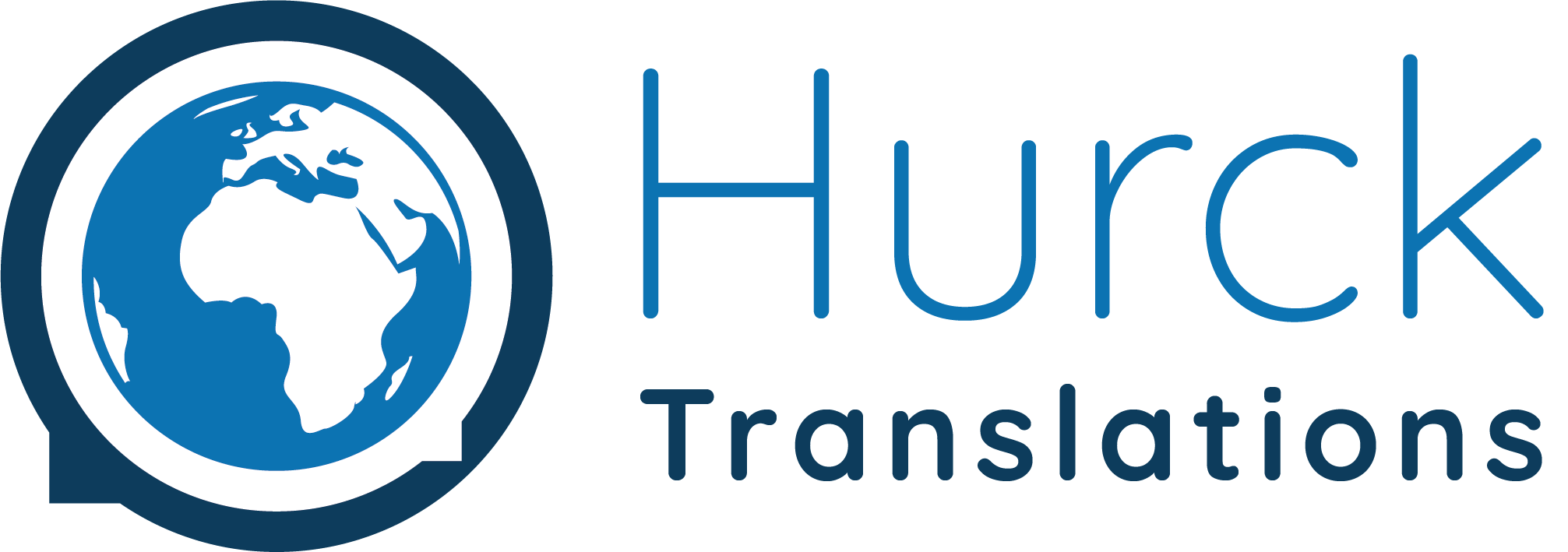Studying in France
In France, the higher education sector is very differentiated and offers a variety of degrees, some of which are not state-recognized, however. For orientation purposes, the level of study achieved is indicated by the formula Bac+ (baccalaureate + years of study started), i.e. by the number of years of study (Bac+1, Bac+2, etc.).
The institutions that offer such a course can be categorized as follows:
Instituts Universitaires De Technologie (TUT)
Although the university institutes of technology are affiliated to state universities, they form relatively independent units.
They offer short courses (filières courtes) in the fields of commerce, industry and services. These programs are subject- or career-oriented and are designed to enable a quick entry into professional life or to provide a foundation for postgraduate studies. The study programs usually last 2 to 3 years and conclude with a BTS, BUT, DEUST or BTSA degree. Due to the compulsory internships that are an integral part of the short study programs, graduates have good chances on the job market.
Brevet de technicien supérieur (BTS)
This vocational qualification is awarded after two years of study at a technical secondary school (lycée professionnel) or a grammar school (lycée), where executives are trained for the tertiary sector. The study program with the qualification BTS en alternance also offers dual training with an apprenticeship in a company.
Bachelor universitaire de technologie (BUT)
This vocational degree is obtained at the IUT and offers both practical and in-depth theoretical training. Most graduates successfully continue their studies within the framework of a Licence professionelle.
Universities
Studies at universities are divided into three major phases – cycles – corresponding to the German division into undergraduate, graduate and postgraduate studies. The first cycle comprises two academic years (four semesters) and serves as an introduction to a subject and the acquisition of initial basic knowledgeStudies at universities are divided into three major phases – cycles – corresponding to the German division into undergraduate, graduate and postgraduate studies. The 1er cycle comprises two academic years (four semesters) and serves as an introduction to a subject and the acquisition of initial basic knowledge.
The 2ème cycle comprises the following two years and serves to deepen the knowledge acquired up to that point as well as an initial specialization. After the first year of study, students obtain the Licence degree (Bac+3), after the second the Master 1 degree (Bac+4), which can be followed by a one-year practice-oriented postgraduate course that ends with the Master 2 degree.
As the number of places for 3rd cycle postgraduate courses may be limited, applicants are selected via aptitude tests (sélection sur épreuve) or in admission interviews (sélection sur entretien).
Grandes Écoles
The Grandes Écoles (also known as Écoles supérieures) were founded in the mid-18th century with the idea of training highly qualified civil servants for the state and driving forward France’s industrial development. Since then, many excellent private schools have emerged alongside the first generation of state institutions, most of which specialize in one or a few disciplines. What all Grandes Écoles have in common is the selection process (concours) that must be passed for admission. As preparation, the grammar schools (lycées) offer two-year classes préparatoires in the fields of science, economics or literatureThe Grandes Écoles (also known as Écoles supérieures) were founded in the mid-18th century with the idea of training highly qualified civil servants for the state and driving forward France’s industrial development. Since then, many excellent private schools have emerged alongside the first generation of state institutions, most of which specialize in one or a few disciplines. What all Grandes Écoles have in common is the selection process (concours) that must be passed for admission. As preparation, the grammar schools (lycées) offer two-year classes préparatoires in the fields of science, economics or literature.
Écoles spécialisées
There are specialized universities for medical courses as well as for art, music and architecture. There are also courses in journalism, communication, comics, computer animation, video games and performing arts as well as health and social services. Here too, there is an admission procedure consisting of a written examination (concours), an application portfolio (dossier) and an admission interview (entretien).
Some of the degrees awarded by these institutions are state recognized, while some of the Écoles spécialisées also issue their own degrees (Certificats d’établissement), although these are not always recognized by the Ministry of Education. These studies take between two and five years to complete.




